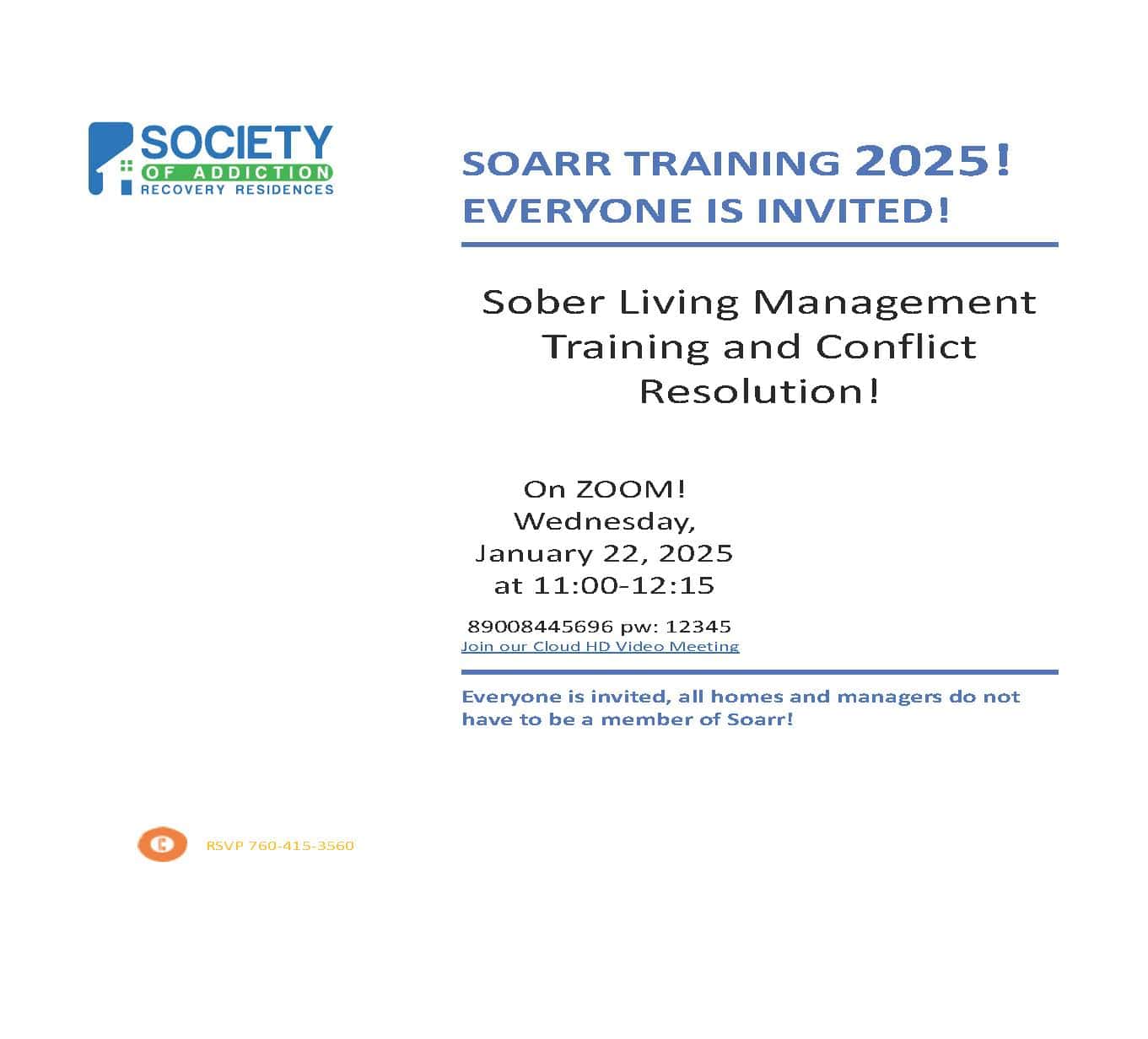If you’ve finished a treatment program, you probably know that you can’t make it on your own. Getting and staying grounded in recovery is essential to your well-being.
Maintaining your recovery usually means getting a 12-step sponsor, working steps, attending meetings and doing your best to be responsible in everyday life. However, many people struggle to keep their focus once they have graduated from treatment and returned home. What are some of the issues that hold people back?
- Untreated Mental Health Disorders: Untreated mental health disorders will always hold you back from living your best life because you aren’t able to be yourself when your diseases take over. If you’re depressed, anxious or suffering other symptoms such as an eating disorder or PTSD, life is complicated. Treatment can help you discover coping methods when you’re feeling overwhelmed. Mental health is an important part of your recovery. Please get help if you’re experiencing mood swings, depression/constant sadness, or have the urge to hurt yourself. Your treatment center, insurance company or local Public Health or Mental Health department can give you more information on finding a provider that can make a mental health assessment for you.
- Too Much Free Time: Do you have more free time than you used to? Even when you’re working a job and going to meetings, you may find yourself bored or lonely. Finding new interests is something that will help you move forward in the future. Take up a sport, join a book club, or take dance lessons or surfing lessons. Learn to fill your free time with fun and rewarding activities. Boredom can be a significant trigger for some people in recovery. It’s best to fill your time with something you enjoy or that you find rewarding.
- Denial Returns: Denial can come back to haunt you and start to help minimize your addiction. You will always have some memories of “good times,” but when you begin to dwell on them, you’ve moved to a slippery slope. You didn’t have to go to detox, get clean, or go to treatment because things in your life were rosy. Think of all the work you’ve done. You’ve changed because that’s the best thing for your life and the direction you want to go.
Sometimes it’s hard to recognize that we still have more change to do. The road to recovery is challenging, but there are always rewards on the way. Take care of yourself, including your physical and mental health. Find hobbies like writing, surfing or meditating.
The longer you’re in recovery, the more you’ll learn about your triggers and how to avoid setbacks. Be gentle with yourself and reach out to others if you’re feeling frustrated, bored, or are afraid you’ll want to get high or drunk again. You’re never alone in recovery! Get to a meeting or call a friend.
Getting More Support
For many people who transition from inpatient treatment to the outside world, sober housing provides a safe landing pad. When you’re around others with the same needs and aspirations, you can provide support for each other in a structured environment.
Alongside a supportive environment, you may the care of a mental health professional or treatment profession. Programs for mental health issues, outpatient groups, and professionals can help you stay centered as you work on coping and living a life without drugs or alcohol.
Learn more about sober housing opportunities by browsing our directory.





